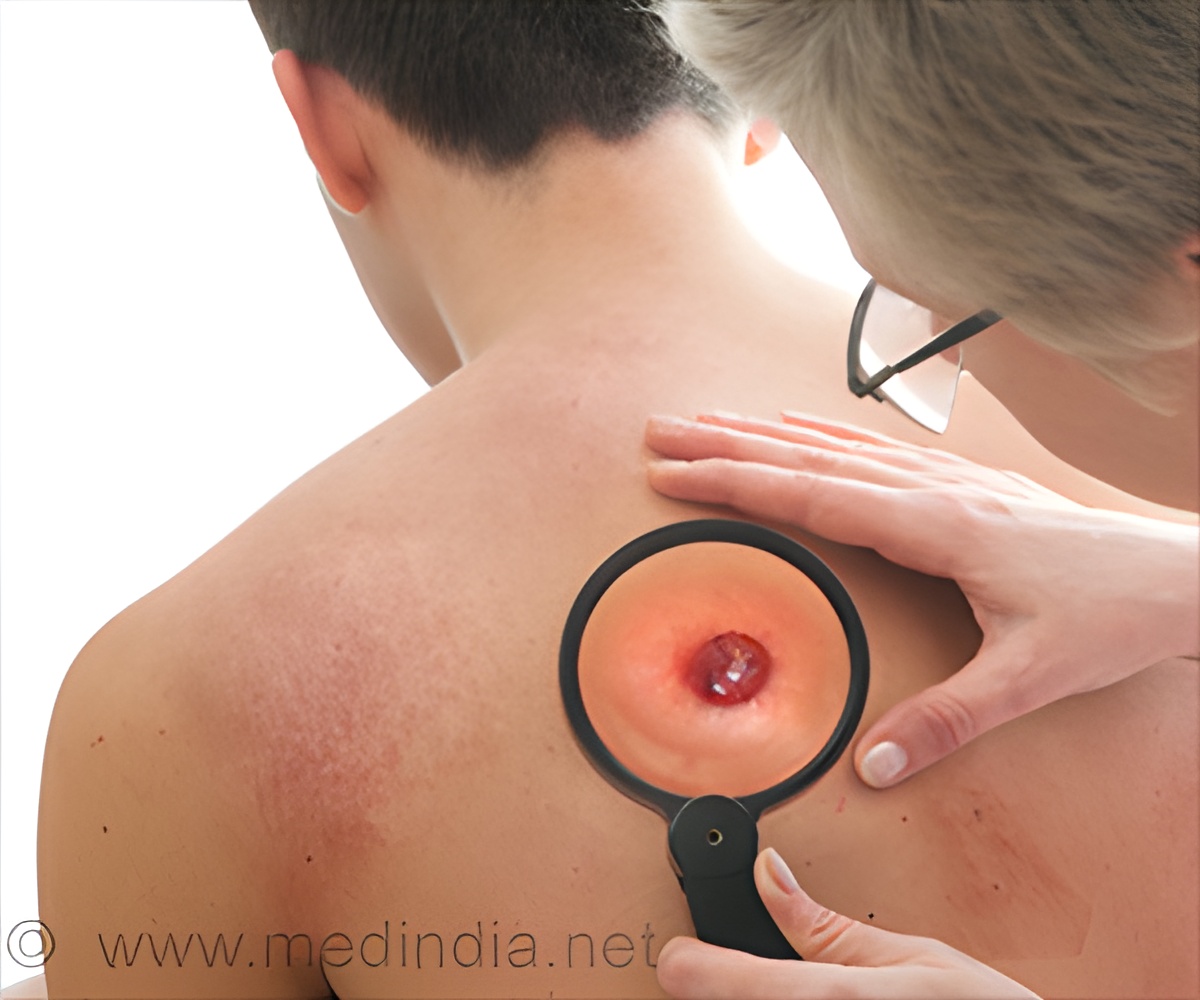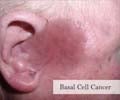Rates of skin cancer were higher among gay and bisexual men than heterosexual men but lower among bisexual women compared to heterosexual women, reports a new study.

‘The rate of skin cancer was 8.1 percent among gay men and 8.4 percent among bisexual men.
’
Read More..




These findings, which were possible because of the sexual orientation and gender identity (SOGI) module built into a national system of surveys, have implications for patient education and community outreach initiatives focused on reducing skin cancer risk. They also have implications for the design of future nationwide surveys. Read More..
"It's absolutely critical that we ask about sexual orientation and gender identity in national health surveys; if we never ask the question, we'd never know that these differences exist," said corresponding author Arash Mostaghimi, MD, MPA, MPH, director of the Dermatology Inpatient Service at the Brigham. "This information helps inform the nation about how to allocate health resources and how to train providers and leaders. When we look at disparities, it may be uncomfortable, but we need to continue to ask these questions to see if we're getting better or worse at addressing them. Historically, this kind of health variation was hidden, but we now recognize that it's clinically meaningful."
Mostaghimi and colleagues leveraged data from the Behavioral Risk Factor Surveillance System (BRFSS), using data collected from annual questionnaires from 2014 to 2018. The Centers for Disease Control (CDC) uses the BRFSS to collect information about risk factors and behaviors among adults. About 450,000 adults are interviewed by telephone by the BRFSS each year. Beginning in 2014, the BRFSS began using the SOGI module to include questions about sexual orientation and gender identity. This module was administered in 37 states.
Mostaghimi and colleagues compared skin cancer rates among heterosexual men to rates in gay or bisexual men and compared rates among heterosexual women to lesbian or bisexual women. Skin cancer rates were 5.9 percent among lesbian women and 6.6 percent among heterosexual women, which was not a statistically significant difference. However, the rate of 4.7 percent among bisexual women was statistically significantly lower than heterosexual women.
The authors note that the data are based on self-reported skin cancer diagnoses, which have not been confirmed by a physician. The SOGI module was also only implemented in 37 states, so may not be generalizable to all states.
Advertisement
The CDC recently considered stopping the implementation of the SOGI module for future BRFSS surveys, a move Mostaghimi feels would hinder efforts to support this population.
Advertisement
"As a next step, we want to connect with sexual minority communities to help identify the cause of these differences in skin cancer rates. This is work that will need to be done thoughtfully but may help not just sexual minorities but for everyone."
Source-Eurekalert















